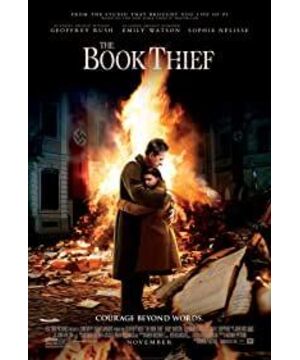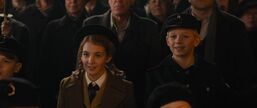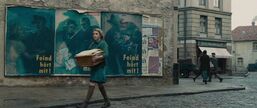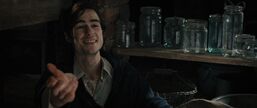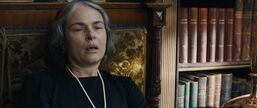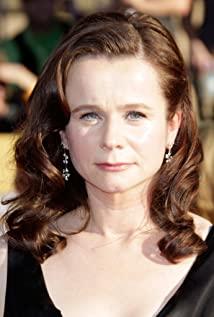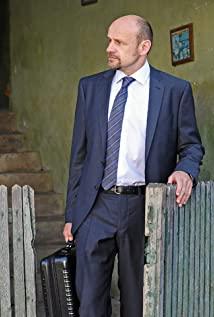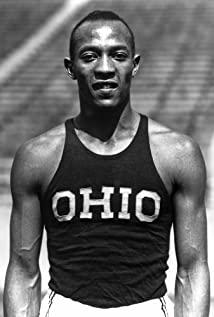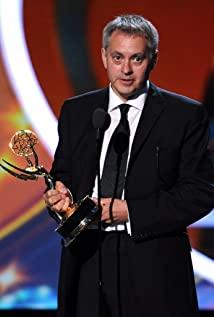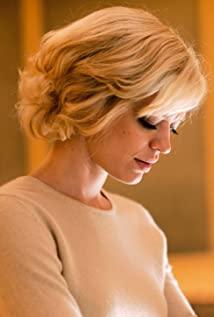2. The protagonist of the film is a child, and the supporting role is not actually a character, but a book. Book means knowledge, knowledge symbolizes dignity, and dignity represents humanity. This is always emphasized in the movie, a dark line of progressive relationship. The little girl digs out a book from the fire of books burned by the Nazis. It is nothing more than to dig out a little bit of dignity remaining in the era of "dehumanization". This kind of bridge setting is not new, even a bit old-fashioned, but it is also passable. There are actually a lot of movies about books, knowledge and dignity, good ones such as "The Reader", and second ones such as "Library Wars". The level of this movie is somewhere between the two, a little bit more towards the former.
3. The little girl "stole" books from three places. One was from the gravedigger who buried her younger brother. In fact, it was not stealing, but picking it up. But that book became her enlightenment. But the cruel thing is that it is a "Gravedigger's Handbook". This enlightenment book contains a doomed breath of death, which is a cruel metaphor. The second place is the fire of the Nazis. Her attitude towards book burning wandered and she obeyed the kind part of her instinct. After a group of crazy people dispersed, she stole a book as a continuation of her knowledge. The third place is the study room of the mayor’s wife. That room is a symbol of reason, tranquility, and dignity. In a frenzied atmosphere of war, it is as quiet as the eye of a storm. She ventured there several times, and every time she arrived, it was a comfort to her conscience.
4. The setting of the relationship between the main roles is somewhat interesting. From the beginning, there was a kind of intimacy and tacit understanding between the little girl and the adoptive father. The father was sunny and optimistic, and worked hard to give a little sunshine to the family in the dark clouds of war. He and the little girl almost established a secret underground book club belonging to two people. Learning knowledge itself is a confrontation against barbarism, striving to become a human in the world of beasts. The little girl and the neighbor’s little boy are typical playmates of two little children without guessing. Their pure friendship is mixed with the first love. They have established an offensive and defensive alliance and jointly keep a secret in troubled times. In a world where whistleblowers are rampant, such an alliance is a fortress of humanity. The little girl and the hidden Jews transcended politics. They did not hate and hate each other because of their identities, but got along like brothers and sisters. At the beginning of the establishment of this relationship, there was no hesitation or temptation. This is where a large number of Jews were sent. In the context of entering a concentration camp, it is a miracle. The little girl and adoptive mother, the original mother has always appeared as a typical vicious stepmother, but in fact, there is a kind and firm heart under the shell destroyed by the forced life. In the end, the mother and daughter moved from hostility to reconciliation because of a Jew who was an "intruder." This in itself is a kind of nobility.
5. Jeffrey Rush's acting is slack and full of control. Emily Watson was originally not beautiful and has a homely temperament. This time, the woman who was destroyed by life acted very realistically. Sophie Nellis may be worthy of attention in the future.
6. Overall, this film is a moderate. There is no highlight in the language of the lens, the story itself does not have much ups and downs, the sensational part is not pushed in place, and the place to be restrained is not cold to the end. It does not jump out of the format of this kind of war/humanity mainstream film.
View more about The Book Thief reviews


